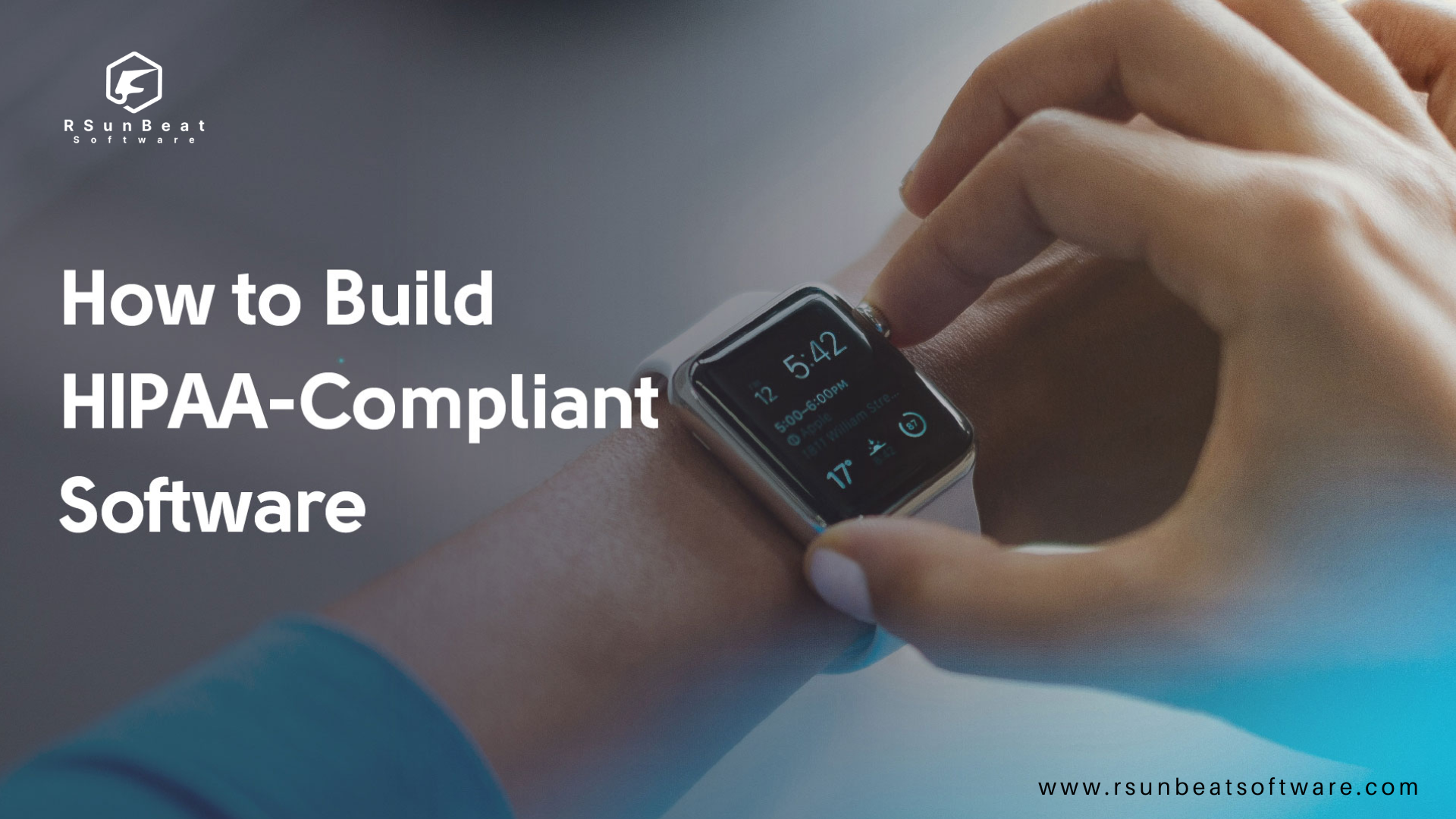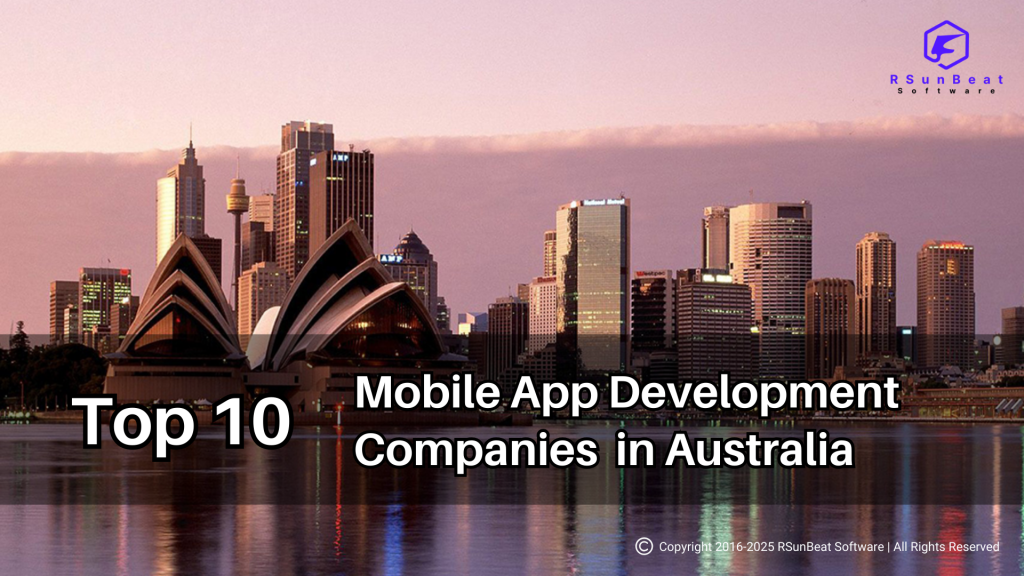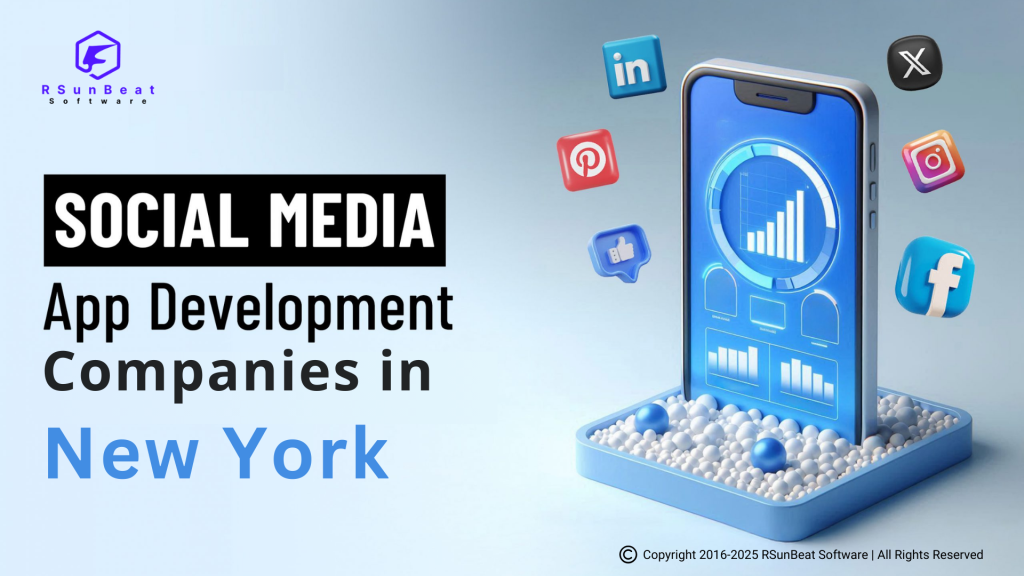
How to Build a HIPAA-Compliant Mobile App: A Developer’s Checklist for Healthcare
The healthcare industry is rapidly evolving, with mobile apps becoming indispensable tools for enhancing patient care, improving efficiency, and ensuring accessibility. However, with great innovation comes great responsibility. If your mobile app handles Protected Health Information (PHI), it must comply with the Health Insurance Portability and Accountability Act (HIPAA). Building a HIPAA-compliant mobile app can be a complex process, but it is essential for protecting patient data and maintaining trust.
This comprehensive guide offers a step-by-step approach to building a HIPAA-compliant mobile app, ensuring you meet legal requirements, safeguard sensitive information, and deliver a secure and user-friendly experience.
Understanding HIPAA Compliance for Mobile Apps
HIPAA is a U.S. federal law designed to protect sensitive patient health information from being disclosed without consent. For developers, HIPAA compliance means ensuring that all processes, technologies, and systems handling PHI are secure and meet specific standards.
Key Components of HIPAA Compliance
Privacy Rule: Defines the proper use and disclosure of PHI.
Security Rule: Establishes standards for protecting electronic PHI (ePHI).
Breach Notification Rule: Requires entities to notify affected individuals and authorities in case of data breaches.
Enforcement Rule: Details penalties for non-compliance.
Step-by-Step Guide to Building a HIPAA-Compliant Mobile App
Step 1: Define the Purpose and Scope of Your App
Begin by identifying the app’s target audience and functionality. Will the app be used for scheduling appointments, accessing medical records, or tracking patient health? Understanding the scope helps you outline the data flows and security requirements.
Step 2: Conduct a Risk Assessment
A thorough risk assessment is crucial for identifying vulnerabilities and ensuring compliance. Assess the potential risks associated with data storage, transmission, and user access. Use frameworks like NIST or ISO 27001 to guide your evaluation.
Step 3: Choose a Secure Tech Stack
The technology stack plays a pivotal role in ensuring HIPAA compliance. Select tools and platforms that prioritize security and support compliance requirements.
Frontend: React Native or Flutter for cross-platform development.
Backend: Node.js or Django for robust server-side development.
Databases: Use encrypted databases like PostgreSQL or MongoDB.
Hosting: Opt for HIPAA-compliant cloud providers such as AWS, Google Cloud, or Microsoft Azure.
Step 4: Implement Data Encryption
Encryption is a cornerstone of HIPAA compliance. Ensure all PHI is encrypted both at rest and in transit using strong encryption protocols like AES-256 for storage and TLS 1.2+ for data transmission.
Step 5: Authenticate and Authorize Users
Secure user authentication and authorization mechanisms prevent unauthorized access to sensitive information. Include features such as:
Multi-factor authentication (MFA)
Role-based access controls (RBAC)
Secure session management
Step 6: Maintain Audit Logs
HIPAA requires maintaining audit logs to track access and modifications to PHI. Ensure your app records:
User login attempts
Data access events
Changes to sensitive information
Step 7: Secure Third-Party Integrations
Many healthcare apps rely on third-party APIs and services. Verify that these integrations are HIPAA-compliant and follow best practices for secure data handling.
Step 8: Test Thoroughly
Testing is non-negotiable when building a HIPAA-compliant app. Conduct multiple levels of testing:
Functional Testing: Ensure features work as intended.
Security Testing: Identify vulnerabilities using penetration tests and code reviews.
Compliance Testing: Verify adherence to HIPAA standards.
Step 9: Develop a Breach Notification Plan
Despite best efforts, breaches can occur. Develop a clear breach notification plan to ensure swift communication with affected parties and regulatory authorities.
Step 10: Train Your Team
Educate your development team and stakeholders about HIPAA requirements and best practices. Regular training minimizes the risk of unintentional non-compliance.
Cost Breakdown for Developing a HIPAA-Compliant Mobile App
| Component | Estimated Cost (USD) |
|---|---|
| Planning and Risk Assessment | $5,000 – $10,000 |
| UI/UX Design | $10,000 – $20,000 |
| Development (Frontend/Backend) | $30,000 – $80,000 |
| Security Implementation | $10,000 – $25,000 |
| Testing and QA | $5,000 – $15,000 |
| Maintenance and Updates | $2,000/month – $5,000/month |
Common Challenges and Solutions
Complex Regulatory Requirements:
Solution: Partner with legal and compliance experts to navigate regulations.
Data Security Risks:
Solution: Implement robust encryption and regular security audits.
Balancing Security and Usability:
Solution: Invest in intuitive design and user testing.
Why Choose RSunBeat Software for HIPAA-Compliant Apps?
At RSunBeat Software, we specialize in creating secure, innovative, and HIPAA-compliant mobile apps tailored to your unique needs. Here’s why we’re the right choice:
Proven Expertise: Extensive experience in healthcare app development.
Compliance Assurance: Our processes are designed to meet HIPAA standards.
End-to-End Solutions: From concept to deployment, we handle every aspect of development.
Ongoing Support: Continuous updates and monitoring to ensure compliance and performance.
Get Started Today
Building a HIPAA-compliant mobile app is a complex yet rewarding endeavor. By following this checklist and partnering with a trusted developer like RSunBeat Software, you can create an app that not only meets regulatory requirements but also delivers exceptional value to users.
Contact RSunBeat Software today to turn your vision into reality. Let’s build a secure and innovative healthcare app together.
Testimonials ~
What Our Clients
Are Saying
Your trust drives our passion. Here’s how we’ve helped businesses like yours thrive with tailored solutions and unmatched support.

Hussein Termos
CEO
“RSunBeat Software is a top-tier web development company for the real estate industry. They delivered a user-friendly, customized platform that met our needs perfectly. Their innovative solutions, on-time delivery, and excellent support made the process seamless. Highly recommended for exceptional development services!”

James Carten
Founder & CEO
“Before working with RSunBeat Software, our real estate business faced issues with unreliable mobile apps, poor user experiences, and missed deadlines. RSunBeat delivered a seamless, high-performing app with excellent functionality, intuitive design, and timely execution, transforming our operations. Their expertise and dedication make them a trusted partner.”

Darla Shewmaker
VP of Marketing
“RSunBeat Software developed a great, user-friendly mobile app that exceeded our expectations. The team was extremely professional, kept us updated throughout the process and completed the work on time. Their expertise and dedication made the whole project seamless. We highly recommend RSunBeat for their great work and reliability!”

Nicholas Toh
Project Manager
“RSunBeat Software delivered an amazing web and app development experience. Their team was highly professional, detail-oriented, and dedicated to bringing our vision to life. The final product was seamless, user-friendly, and exceeded our expectations. We highly recommend them for top-notch development services!”
Our Technology Experts
Are Change Catalysts
Mail to Our Sales Department
info@rsunbeatsoftware.com
Our Skype Id
Rsunbeat Software


